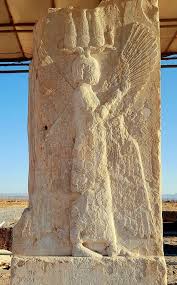Understanding Cyrus the Great and His Legacy

Introduction
Cyrus the Great, also known as Cyrus II of Persia, is one of history’s most influential leaders, known for founding the Achaemenid Empire, which stretched from the Mediterranean to India. His reign from 559 to 530 BC marked a significant shift in ancient history as he is credited with establishing one of the largest empires of the ancient world. His approach to governance and culture laid the groundwork for future empires and has everlasting significance.
The Rise of Cyrus
Cyrus was born in 600 BC in Anshan, a region of Persia. He ascended to the throne after defeating the Median king Astyages in 550 BC, effectively unifying the Medes and Persians under his rule. What distinguished Cyrus was his governance style, where he employed strategies of inclusiveness and tolerance—practices uncommon in his era. His decision to respect local customs and religions was revolutionary and facilitated the Empire’s expansion.
Major Achievements
One of Cyrus’s most notable achievements was the conquest of Babylon in 539 BC, which was significant for both political and cultural reasons. Rather than pillaging the city, he approached it with respect, allowing the Jews exiled there to return to their homeland and rebuild their temple, which is documented in historical texts, including the Bible. This act earned him a reputation as a liberator and a benevolent ruler.
Cyrus is also remembered for the Cyrus Cylinder, often regarded as the first charter of human rights, which proclaimed freedom from oppression. This artifact underscores his commitment to tolerance and justice, impacting governance models in various regions of the world for centuries.
Conclusion
Cyrus the Great’s legacy continues to influence modern governance, particularly through his policies promoting diversity and respectful rule over conquered peoples. Historians and scholars frequently refer to him as a model for enlightened leadership due to his innovations in administration. As we look towards the future, the lessons from Cyrus’s life remind contemporary leaders of the importance of compassion and inclusivity in governance. His story remains relevant in today’s multicultural world, where unity and respect for diversity are essential for peace and prosperity.
